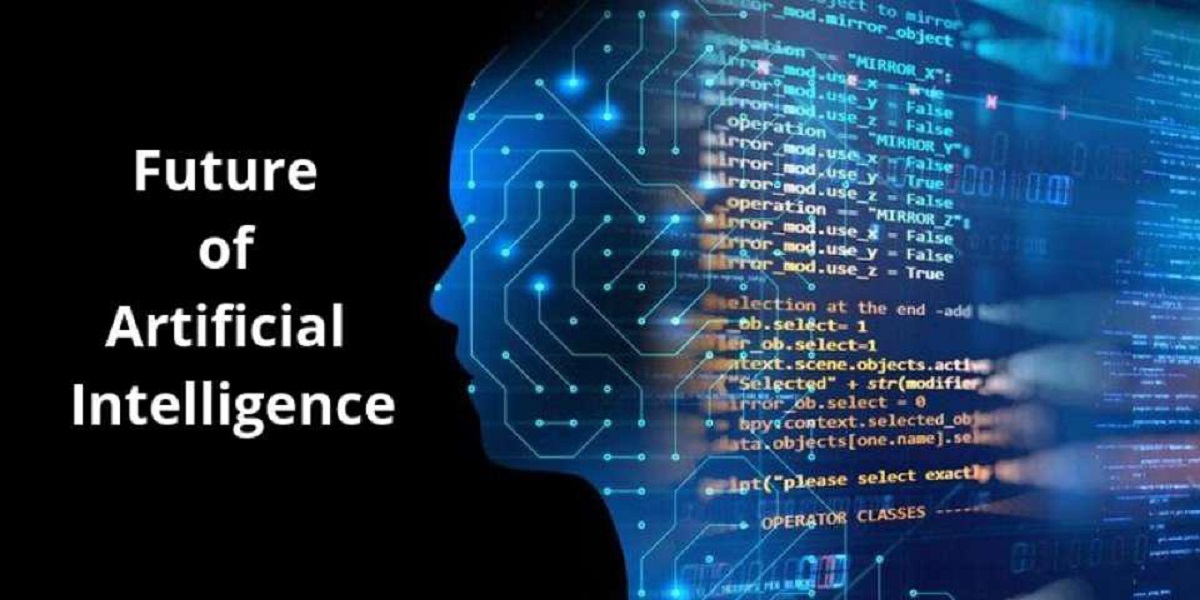
Future developments will likely include Artificial Intelligence (AI). A few years ago, Artificial Intelligence (AI) technology appeared like somewhat out of a science fiction novel, but now it is used in every aspect of our life, from intelligence studies to automated tasks including face and voice recognition. Let’s first look at the Definition of Artificial Intelligence.
“The term "Artificial intelligence" refers to the ability of machines, mostly computers, to simulate human intellect”.
Artificial Intelligence (AI) and Machine Learning (M.L) have replaced conventional computer techniques, altering the method numerous businesses function. In a small period of time, foremost AI has altered every industry, from discovery and production to the updating of financial and healthcare organizations.
The AI industry is forecast to be worth $190 billion by 2025, according to market research. Global investment on reasoning and AI systems is predictable to hit $57.2 billion by 2021, with 75 percent of corporate applications including some kind of AI technology. By 2030, the United States and China's respective GDPs are projected to grow by 14.5% and 26.1%, respectively, thanks to AI.
Locally, over 83% of organizations consider AI a planned goal, while 31% of those working in advertising, marketing, and information technology plan to put money into AI tools in the afterward year.
The majority of business specialists (61%) also believe that AI/machine learning would be their most important data endeavor in the next year. Additionally, almost 95% of corporate leaders that are proficient with big information likewise employ AI technology.
The usage of ML and AI will alter the traditional research process
High-impact scientific initiatives that are time and resource intensive include building particle colliders and performing large-scale scientific studies. Scientific advancement has slowed in recent periods, causing much alarm. Scientists may have passed their golden age. AI and ML might dramatically enhance efficiency and efficacy. Persons can only compute restricted notions. Technology helps humans solve more issues. AI-equipped teams can address a broader difficulties. AI can scan enormous statistics or data sets and reveal intricate linkages and patterns. AI will increase human cognition and revolutionize the scientific research process in the next years.
AI will cover the method for cutting-edge consumer experiences
Metaverse and crypto networks are instances of next-generation customer knowledges. AI will enable these and similar experiences. AI is needed in the Metaverse since individual’s deficiency the knowledge to superimpose digital items on corporeal settings or to understand the breadth of human performances and their ramifications.
We are prioritizing digital-physical engagement. AI systems can learn quickly online (e.g., virtual driving to train autonomous vehicles). These characteristics may naturally encourage AI to local virtual and material response loops. Block chain technologies, virtual currencies, and dispersed money aspire to bring frictionless capitalism to finance. AI and ML distributed apps and smart agreements are needed to understand how capital operations affect the real world.
AI is necessary for solving the climate catastrophe
In demand to lessen the social and economic impacts of environment change, we as a humanity must take several steps. As a relatively new concept, carbon pricing regimes have yet to prove their worth.
There are a lot of exciting new concepts, but they wouldn't be practical without AI. By considering the environment as a whole and its interdependencies, prediction markets driven by AI might be an effective new strategy. Powering this would need massive quantities of real-time data and computing to discover subtle changes outside the range of human perception. Risk modelling, downstream impact forecast, and the capacity to foresee unexpected effects are all vital to the success of other developing skills like carbon dioxide sequestration.
We can now practice tailored medicine- appreciations for AI
Personalized medication has been an aim meanwhile the human genome was interpreted. Sadly, this ambition remains unmet. AI can manufacture individualized patient therapies. AI can synthesis and forestall therapy modalities in actual time, without expensive scientific judgements.
AI can grow and analyze "digital twin" headings of human biology in the background of a person's communal. It's shocking how little we know about how drugs work, given the complexity of the human body (paywall). Massive datasets from physiology, environment, lifestyle, and diet on health outcomes are unintelligible without AI. AI-based solutions can improve healthcare and reduce health inequities.
